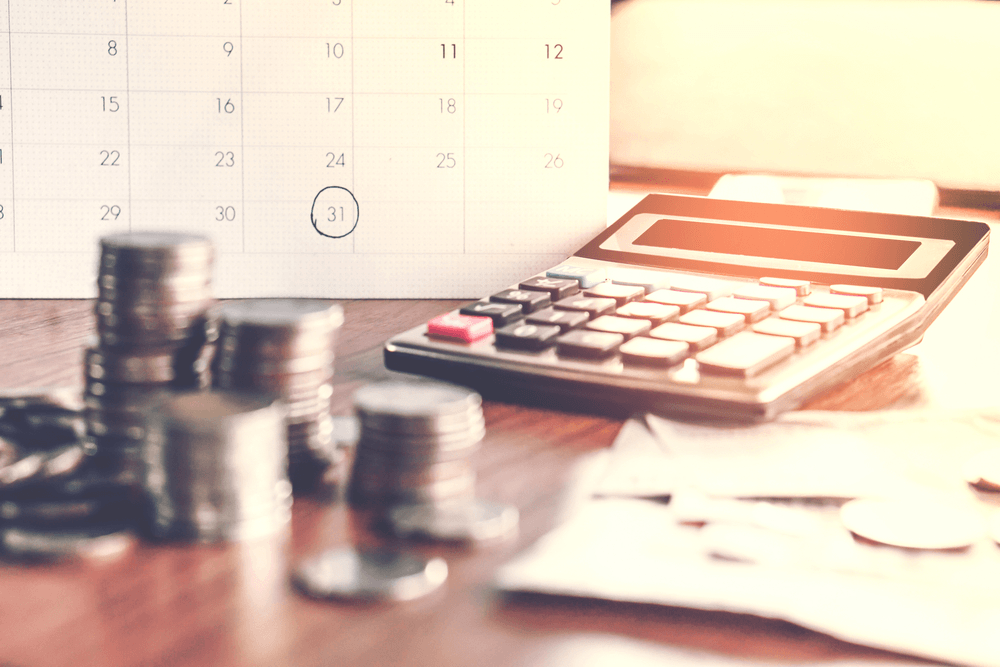Business development in UAE ,UAE is a country that welcomes change, advancement and technological development. Any new trend or technology that hits the world is found in the UAE. Take cryptocurrency for example, while countries around the world are debating on the pros and cons of declaring it an acceptable medium of exchange, UAE has promise that all transactions in the country would be made through this medium in the near future and they are taking measure to do just that. The government has start to set up cryptocurrency vending machines in business zones. Very soon one might be set up in Ajman Media City too, so keep an eye out.
This time, the UAE government has launch a new electronic tax system to register excise goods. UAE plans to keep improving its taxation and filing system and through this move, it is safe to say that their current focus is excise tax procedures.
The Federal Tax Authority has declare that this new tax system offers accuracy and transparency in all procedures for registering excise goods with explicit guidelines and standards, along with new reporting requirements link to excise tax declarations and returns.
The launch of this new system is align with UAE’s vision for the future. As a part of the bigger picture, this move brings UAE one step closer to their aim of elevating their global competitiveness, by constantly improving government services.
Business Development In UAE And Tax System
All businesses dealing with excise goods are instruct to follow this new electronic tax system, by registering excise goods and providing the relevant documents at the time of registration.
The requirements that are highlight in the new guides are ingredients, product details, lab tests (in a few cases), marketing material (images, videos, etc.), and the product’s retail price, depending on where it will be sold.
The FTA has urge those affect by this law to comply with the tax return forms, new declarations and reporting requirements including produce, import, local purchase scenarios and release from the designate zones. Again, this would be cementing accuracy and transparency in all procedures.
Also, the relevant authorities have declare that the new guides and manuals will raise awareness amongst tax payers. Proper instructions will be provide on how to register excise goods. For example, the need for compliance has been establish, with the new forms and reporting requirements, that are set in place.
The FTA instruct businesses that are subject to this excise tax, to use the provid material like manuals in educating their staff on this new system and procedures. Since all of this material is available on the FTA website, there is no excuse for any business to not comply by this, regardless of their location, whether in freezone Ajman, Sharjah or Dubai.
Any person who is importing or producing a good for sale in local markets is subject to an excise tax. A person who stockpiles excise goods or releases them from a designate area, are also subject to this law. The FTA assert on the importance of all firms to get their excise goods and products register, in accordance to the terms and conditions that were stipulate in the Cabinet decision. This specifies the tax rates, which the particular good would be subject to, and it outlines the method that is use in calculating excise prices.
The FTA state that there is no proper threshold for excise taxes and law. In other words, a business will have to not only register its excise goods into the new system, but will also have to calculate its own taxes.
This might sound like an unnecessary trouble for businesses, but in actuality recording all important info of businesses with excise goods is important in streamlining and improving the whole excise law system of the country.





